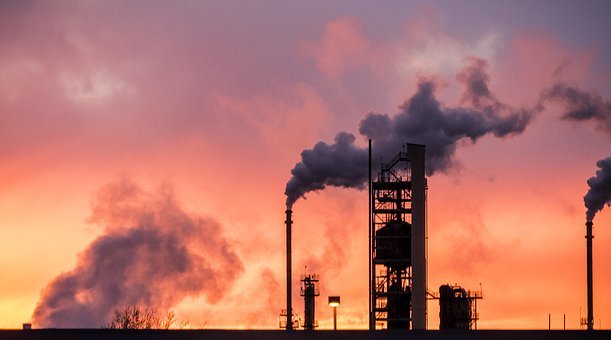Big crude oil conglomerates hesitate to reduce their production capacity

The prime crude oil conglomerates show no interest to reduce their production capacity, despite repeated calls that demand the reduction of their production capacity to bring the pollution rate, especially the carbon emission rate, under the safe limit prescribed by scientists.

An oil production conglomerate based in the United States, ExonMobil, is set to increase its oil production by at least 25 per cent in the year 2025. Other major oil producers, such as Chevron, Royal Dutch Shell, BP and Total, are also on the similar path. It is the growing demand for oil that prompts the conglomerates to consider that path. Each year, the demand for oil increases by one to two per cent in the global market.
The aforesaid figures indicate that only the conglomerates are not to be blamed for the raise of carbon in the atmosphere. The world’s reluctance to reduce the usage of oil is also needed to be criticised.
Some of these oil production conglomerates have assured that they would invest in the renewable energy sector.
The past experiences have already taught that the assurances made by conglomerates should not be believed until those enter the phase of implementation.
The world must reduce its oil production by at least 20 per cent by 2030 if it wants to bring the global temperature under the safe limit prescribed by scientists.
The US decision to step out from the Paris climate accord is the biggest mistake that country has ever committed.
A framework like the one formed in Paris several years ago to address the issue of climate change is not to be discarded by any of its founding members until and unless it comes up with another equally applicable framework.
Vignesh. S. G
Photo Courtesy: Google/ images are subject to copyright
